Bitumen is a black, pasty material used in moisture insulation and asphalt construction. There are different types of bitumen, each of which has a specific application. Bitumen is a derivative of oil and is often produced in oil refineries. For more information about Bitumen Different Grades on the market, you can visit our website.

Different types of Bitumen Different Grades

Bitumen is a dense, highly viscous, oil-derived hydrocarbon that is classified into two main types. The first type is natural bitumen, which is found under oil hills and lakes, and the other type is refined bitumen from crude oil deposition.
Bitumen contains 2% oxygen, 11% hydrogen and 87% carbon.
As mentioned, this product is a high molecular weight hydrocarbon containing oils, resins and asphaltene. The presence of 5 to 30% asphaltene in bitumen causes the bitumen to harden.
Bitumen is produced in two ways:
Direct execution
Blowing air based on a cross-sectional or continuous process
Bitumen is mainly used in construction, road construction, road insulation, paving streets or roof insulation. This product according to different production processes to different types and degrees and physical tests such as penetration test, viscosity test, point test
Ignition, solubility test, softening point test, flexibility test and other items are divided.
It should be noted that some of these classifications are based on the results of tests performed on bitumen and others based on the type of refining and steps performed on bitumen.
Bitumen extracted from oil or special minerals is called pure bitumen, which is classified according to its origin. Pure bitumens are also subjected to other processes to find the desired properties for different applications and form different types of bitumen (including blown bitumen, soluble bitumen, emulsion bitumen, polymer bitumen, etc.).
The tests performed on the bitumen sample determine some of the types of bitumen, including penetration grade, viscosity grade and performance grade. Bitumen tests include viscosity, penetration, spot test, and که, which examine bitumen from different dimensions and determine for what area and for what purpose the test sample is used.
Bitumen is usually obtained by distilling crude oil. Such bitumen is called petroleum bitumen or distilled bitumen. Petroleum bitumen is the product of two stages of crude oil distillation in the distillation tower. In the first stage of distillation, light materials such as gasoline and propane are separated from crude oil. This process takes place at a pressure close to one atmosphere (units).
In the second stage, heavy compounds such as diesel and kerosene are extracted. This process takes place at a pressure close to vacuum. Eventually a mixture of very fine solid particles called asphaltene remains, which is immersed in a grease-like fluid called malton. Dear customers, you can visit our website for more information about bitumen demand.
Different Bitumen Different Grades in 2020

Blowed bitumen is obtained by blowing hot air into pure bitumen in the final stage of purification. largest bitumen suppliers In this process, hot air at a temperature of 200 to 300 ° C is first transferred through perforated tubes to a chamber containing bitumen. As a result of this process, the hydrogen atoms in the molecules of the bitumen hydrocarbons combine with the oxygen in the air, and by the formation of water, the polymerization takes place. Blowed bitumen has a lower degree of penetration than pure bitumen, has a higher degree of softness and is less sensitive to temperature changes. This type of bitumen is mostly used in making roofing sheets, car batteries and plating. The abbreviation for blown bitumen is R. For example, 80/25 R bitumen means blown bitumen with a degree of softness of 80 and a degree of penetration of 25. For more information about Different Bitumen Different Grades in 2020, please visit our website.

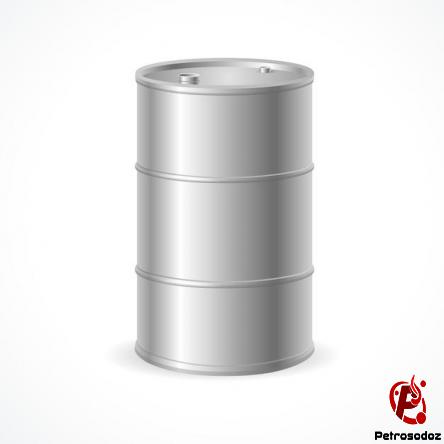
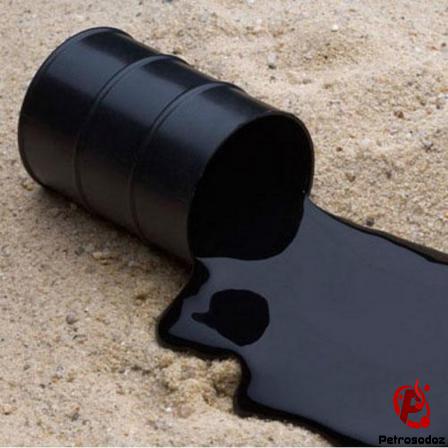




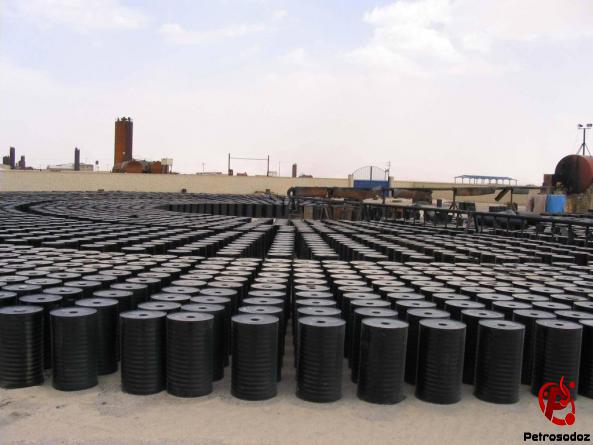
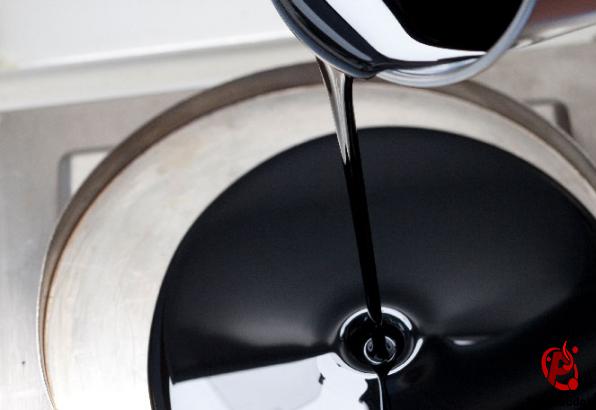
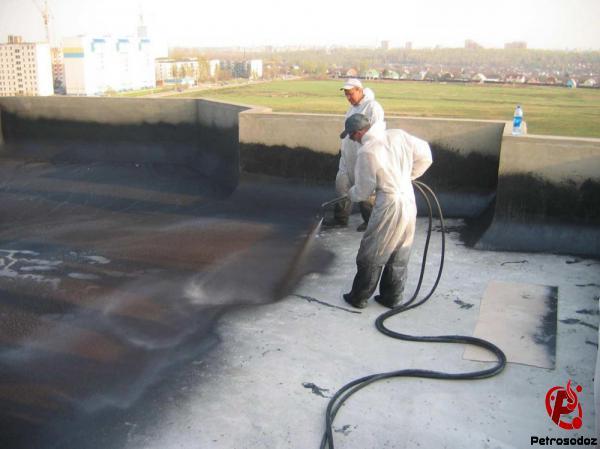

Your comment submitted.